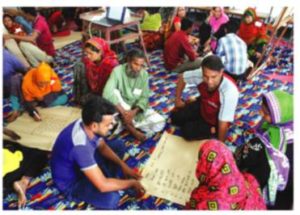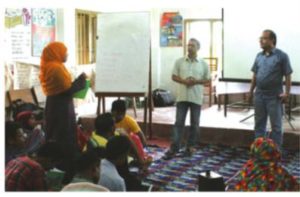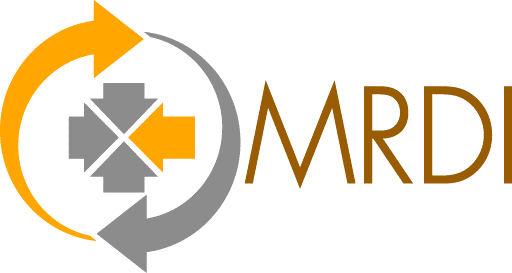
Aleya Begum, mother of a school going child of Shinghajhuli village of Jessore district wanted to know from upazila secondary education office, whether money is required to get text book from the school and if so, how much is to be paid. She also wanted a copy of the government circular in this regard. She got information from the authority and now Aleya and other guardians do not have to pay any money for books for their children.
“My daughter now studies in class viii. For last seven years I have been paying Taka 20 each year for receiving books from the school. This year I got them free. It seems to be a magic to me!” says Aleya.

This piece of information that speaks a lot about practice of parliamentary democracy in Bangladesh comes under spotlight thanks to a report by Sajidul Haque who works for a popular online news portal. In Haque’s own words the concerned section of the parliament secretariat got their, otherwise not-so-tidy info desk, in shape in order to provide him all the necessary information, facts and figures.
By doing this tedious job Haque not only served a wide readership with some insights into nation’s House of pride but also did a great service to the parliament secretariat by helping them to better upkeep every piece of information.
Incidentally Sajidul Haque is one of the 21 newsmen who partook – Journalist Training on Parliamentary Affairs – a residential training programme held in July this year under PRODIP’s – Engaging Media in Governance and Legislation – project being carried by the Management and Resources Development Initiative (MRDI).
Promoting Democratic Institutions and Practices (PRODIP) is a five-year program funded by the United States Agency for International Development (USAID). Engaging Media in Governance and Legislation is an 18-month project under PRODIP program with its goal focused to enhancing people’s participation in political governance and legislation process.

Haque’s report is just one of a many such examples of how information reaching out to the people whom actually these belong to. Democracy requires that public enjoy the rights to access information – the information about how the people are being governed in a democratic state set-up. In fact, people’s participation in political governance and awareness about the state of the affairs can only be guaranteed if a channel of free flow of information is ensured. Thanks to such initiative like – Engaging Media in Governance and Legislation – that people are now better served information-wise.
Subsequent months after that July training of journalists readers/viewers saw many reports on nation’s parliament, parliamentary system, its practices etc thereby getting themselves more educated/updated on issues concerning political governance and parliamentary affairs.
People learnt how some of their representatives, whom they elected as lawmakers by exercising their rights to franchise, had actually given wrong information in their pre-poll undertakings. They came to know that how often recommendations made by parliamentary committees are not followed-up and how ministers often remain reluctant in attending committee meetings. People are now getting an idea that how bank loan and utility bill defaulters are also getting away in our system of governance and even end-up becoming members of parliament and how some leaders of otherwise high repute continuously skip sittings of the parliament and yet never forget to bask in the glory of all its perks and privileges.


